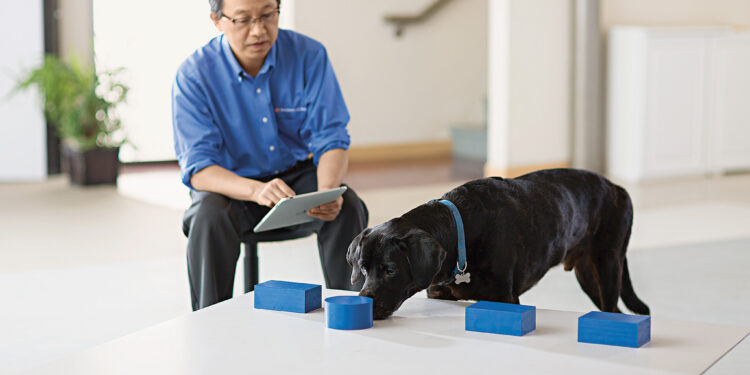Researchers at the Massachusetts Institute of Technology (MIT) have found that prolonged reliance on artificial intelligence tools can reduce users’ brain activity, particularly in areas linked to problem-solving and memory. The findings, presented by lead researcher Joe Green, have sparked debate over the cognitive risks of widespread AI adoption.
The research findings
The study measured neural responses in participants who used AI systems to complete analytical and creative tasks. Brain scans showed that users relying heavily on AI assistance displayed lower activity in the prefrontal cortex, compared to those who completed the same tasks independently. According to Joe Green, the results suggest that while AI can enhance efficiency, it may also discourage deeper cognitive engagement.
Concerns over long-term effects
Experts warn that reduced brain activity could have long-term implications for learning, decision-making, and creative thinking. “If people become accustomed to outsourcing thought processes to machines, we risk weakening the very cognitive abilities that make us innovative,” Green noted. The study adds to growing concern that constant dependence on AI could mirror the cognitive decline linked to overuse of calculators or GPS systems in the past.
Balancing benefits and risks
Despite the concerns, the researchers stressed that AI remains a valuable tool when used as a complement rather than a replacement for human thought. They recommend developing strategies that encourage active user engagement – such as requiring human input in problem-solving – to prevent over-reliance. The findings may influence future discussions around AI integration in education and professional environments.
Broader implications
The MIT report arrives at a time when AI systems are becoming embedded in daily life, from banking and healthcare to creative industries. Policymakers and educators are being urged to consider safeguards to preserve human cognitive development while embracing technological progress. As Joe Green emphasised, “The challenge is not whether to use AI, but how to use it without losing our mental edge.”
Newshub Editorial in North America – 3 October 2025



Recent Comments